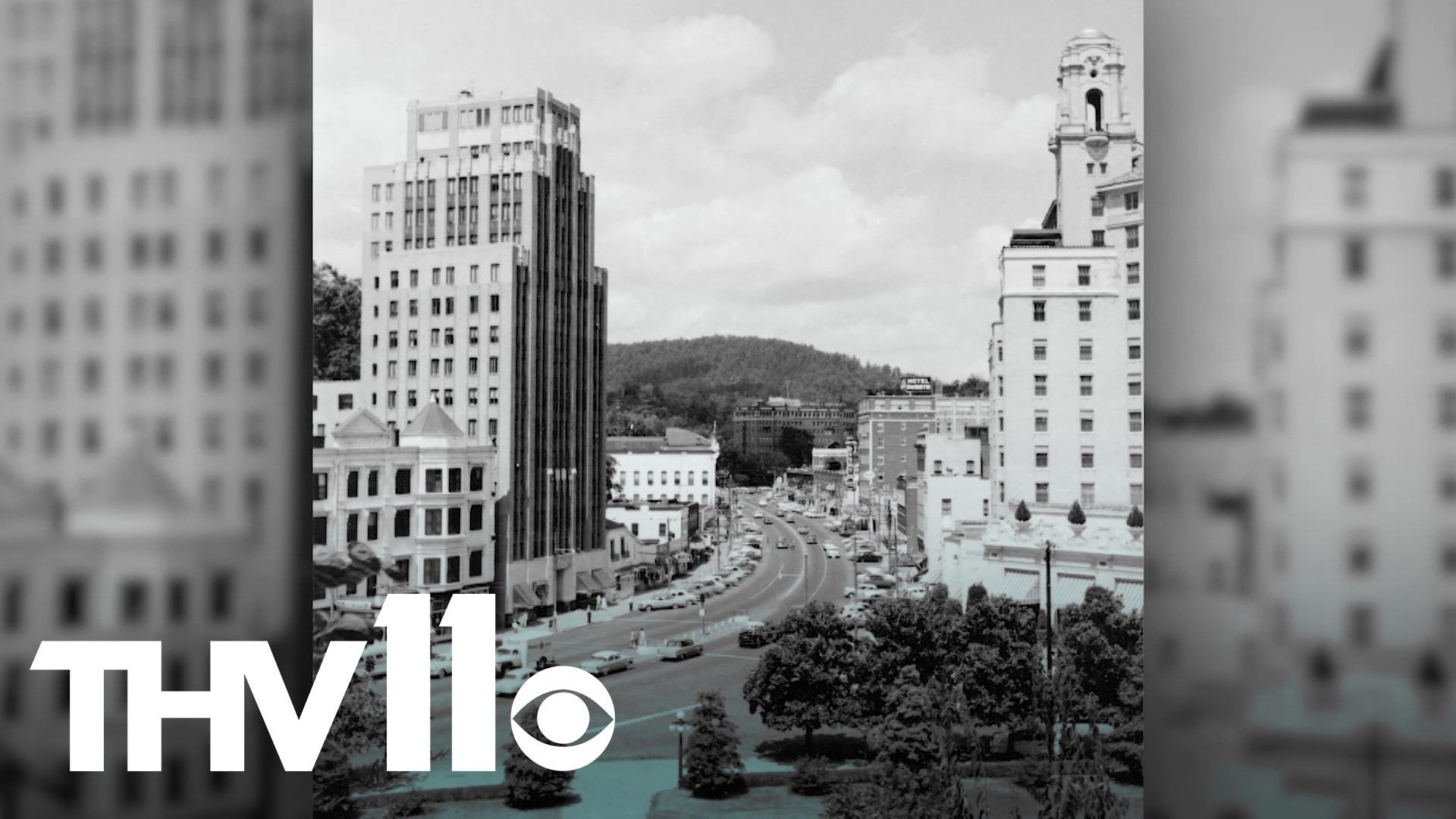HOT SPRINGS, Ark. — One year ago we did two features on the gangsters in Hot Springs. The stories were well received, and I thought I'd become somewhat of an expert on the subject.
But then, just a month ago, this book came out and I learned I had only scratched the surface.
The book? The Vapors by David Hill.
It all started when Hill wrote a short piece on Hot Springs gambling in the sixties and he realized the Hot Springs he knew was a commodity.
Of course, the stories of gangsters in Hot Springs are a lot more well known.
Hill said he grew up on the legends of the old days.
“I think my whole life I kind of maybe took it for granted,” he said.
However, the public’s response to the gambling history between 1960 and 1965 was more than he expected.
“The response to that piece really surprised me because folks were really interested in wanting to hear more about this little bit of history and said they'd never heard of it before,” Hill said.
Hill had whetted the national appetite and got to work. Using the Freedom of Information Act to gain access to the Department of Justice and FBI files, he made a startling discovery.
“There were FBI offices all over America that had files on Hot Springs, not just the Arkansas office.”
Those files revealed a misconception many locals had—that gambling flourished because elected officials turned a blind eye and had nothing to do with organized crime.
“I think what shocked me when I was doing research was how untrue that was and how much not only was gambling and Hot Springs connected to the sort of larger syndicate and organized crime in America but also like the real story about how Hot Springs was able to survive had a lot to do with political corruption,” Hill explained.
A story which, he admits, was different than what he had heard growing up.
And by the early 60s, Hot Springs had reached a tipping point.
“There was this huge construction boom in Hot Springs in the early 1960's in anticipation of gambling being legalized there.”
Remnants of that boom remain. The 60's style architecture is dominant, including the building that housed the vapors. Crowds came to gamble and big-time entertainers came to entertain those crowds which produced even bigger crowds.
“But during those short four to five years was when things really spiked and Hot Springs saw literally five million visitors a year,” Hill said.
But on January 3rd, 1963, the Vapors was bombed. The next day, when pictures were on the front page of the Arkansas Gazette, it was confirmation of the hold illicit gambling had on Hot Springs.
More violence would follow. Within five years, gambling was shut down by then-Governor Winthrop Rockefeller.
“After gambling was shut down there was such a sort of deliberate effort to sweep it all under the rug,” Hill said.
There are no regrets of lost glory in Hill’s book. He maintains Hot Springs still thrives because it is so unique.
But his book serves one primary purpose.
“It's just a piece of history that I think people are surprised that they didn't know.”
A history centered around a nightclub named for the byproduct of the famous Hot Springs.
The Vapors.

